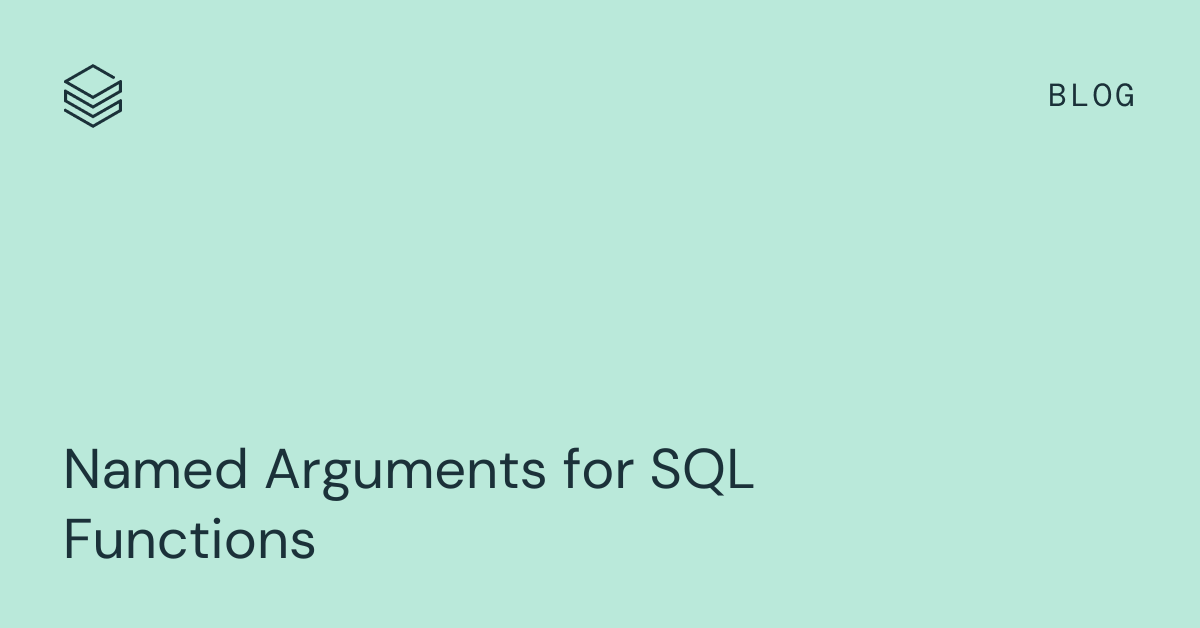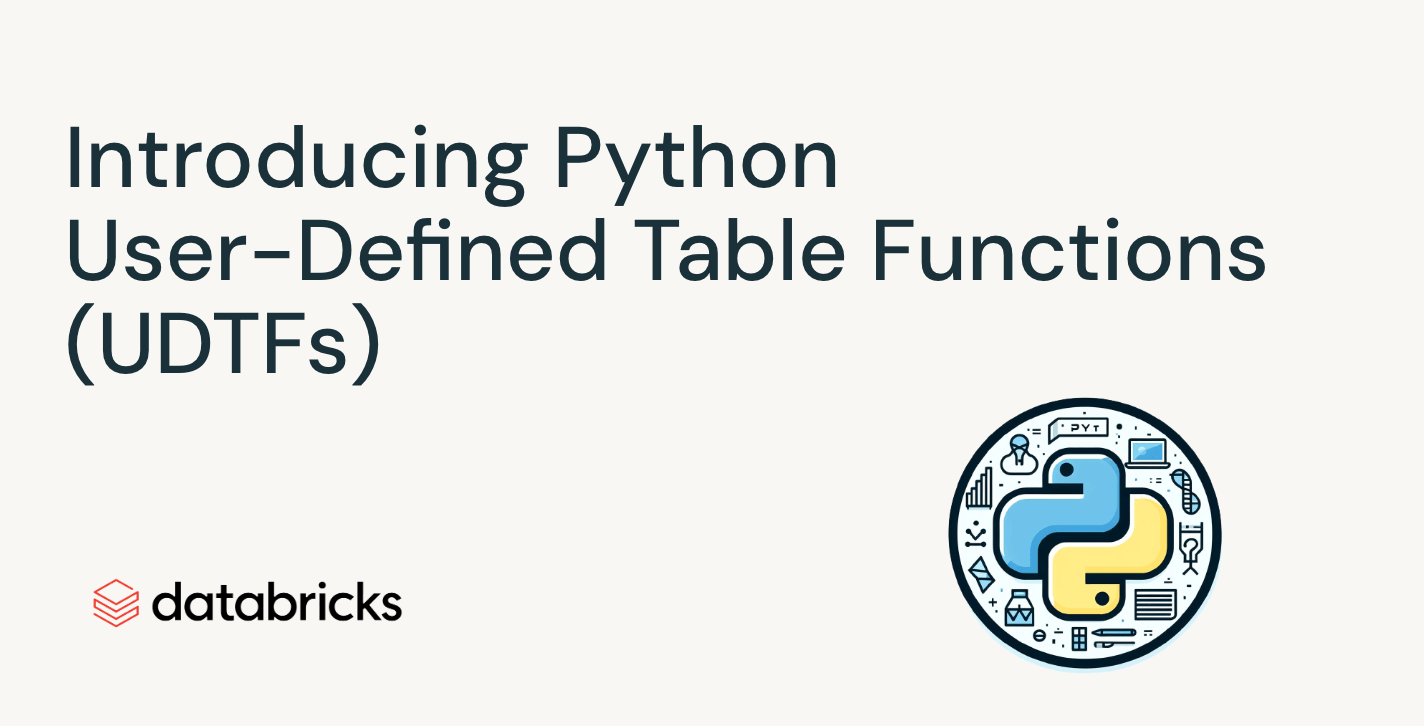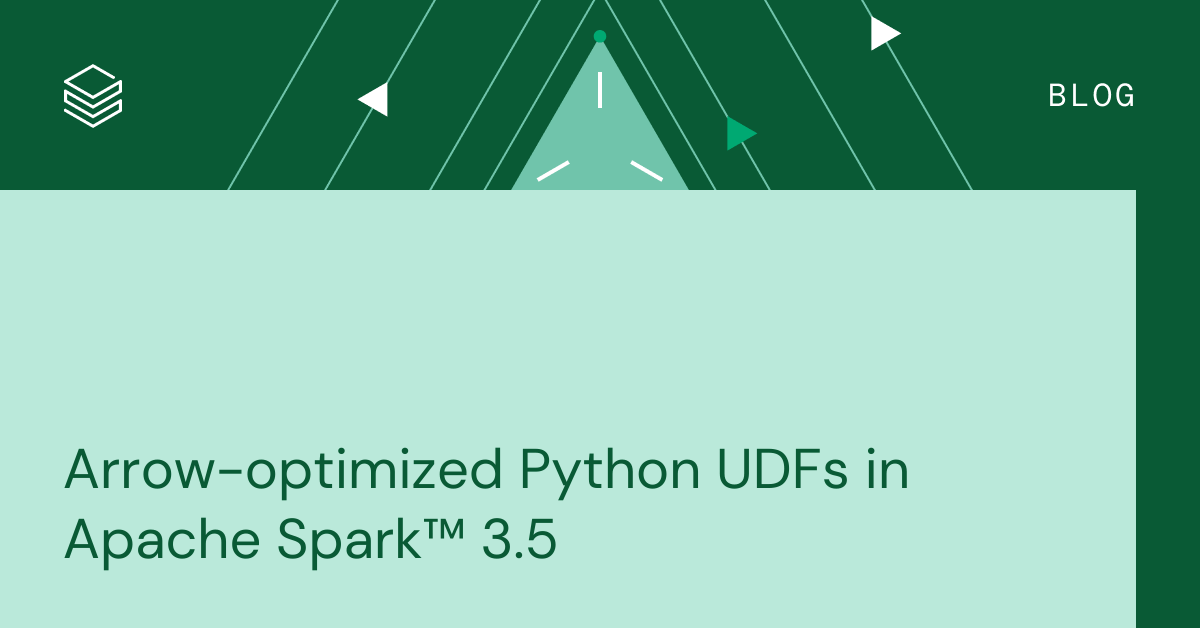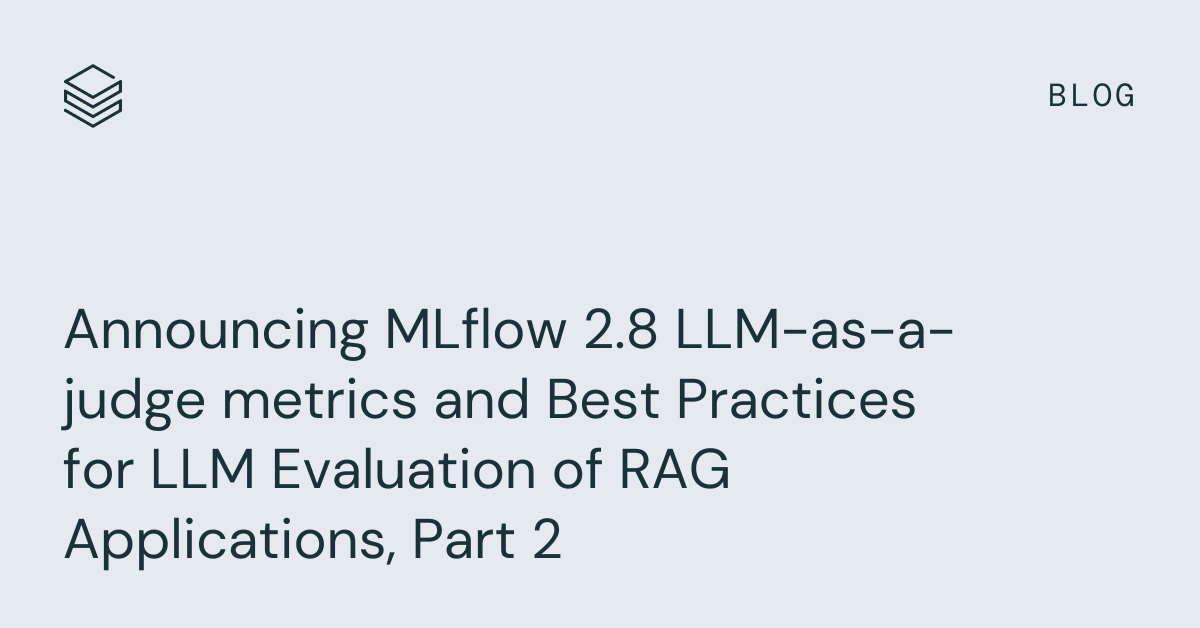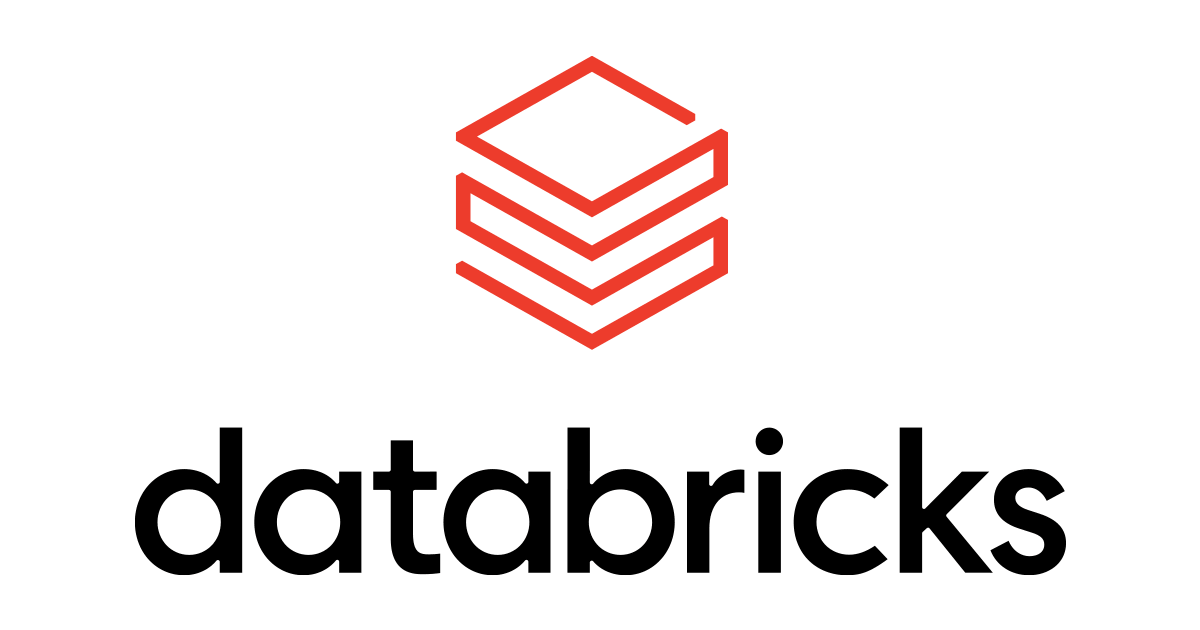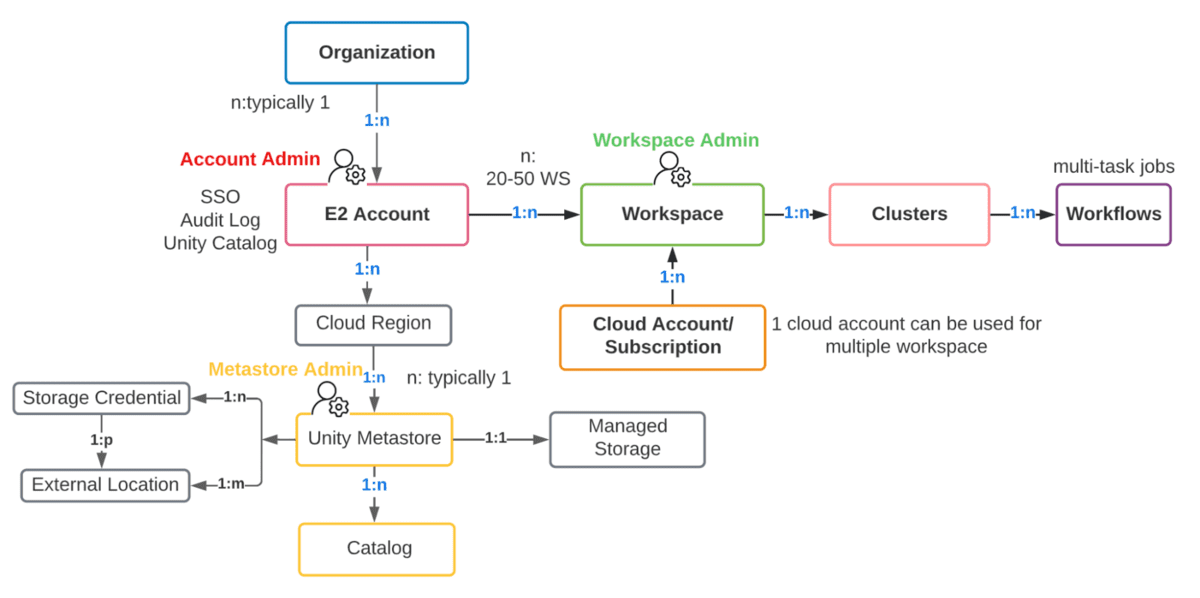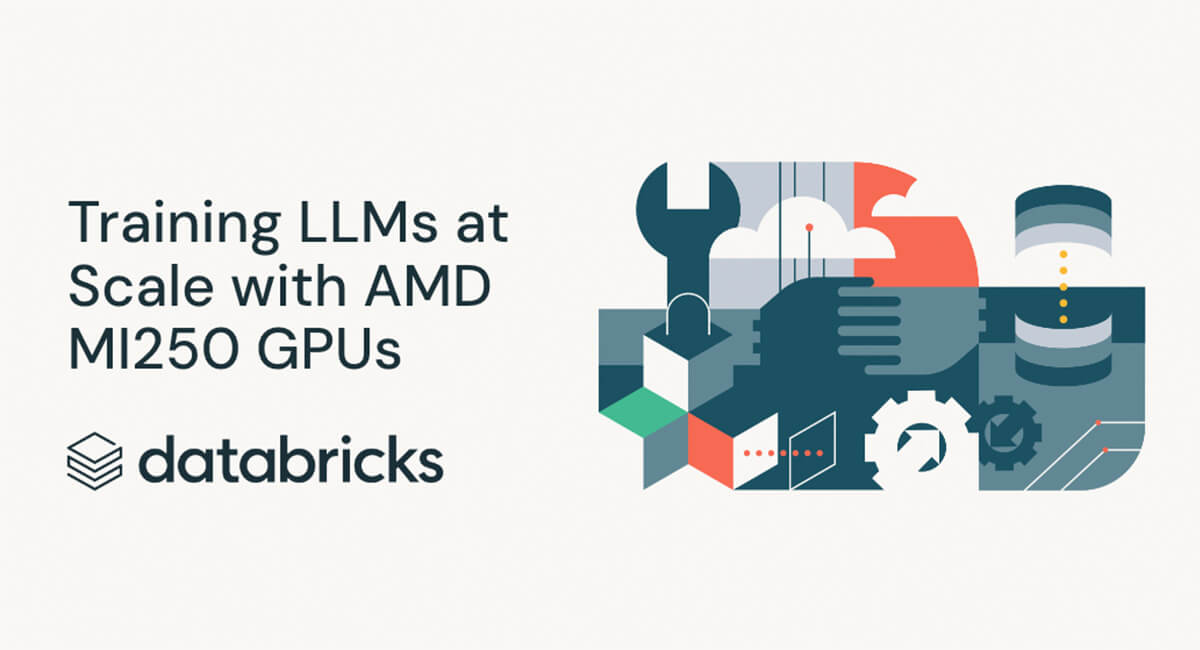Named Arguments for SQL Functions
Today, we introduce the new availability of named arguments for SQL functions. With this feature, you can invoke functions in more flexible ways. In this blog, we begin by introducing what this feature looks like, then show what it can do in the context of SQL user-defined functions (UDFs), and finally explore how it works […]
Continue Reading